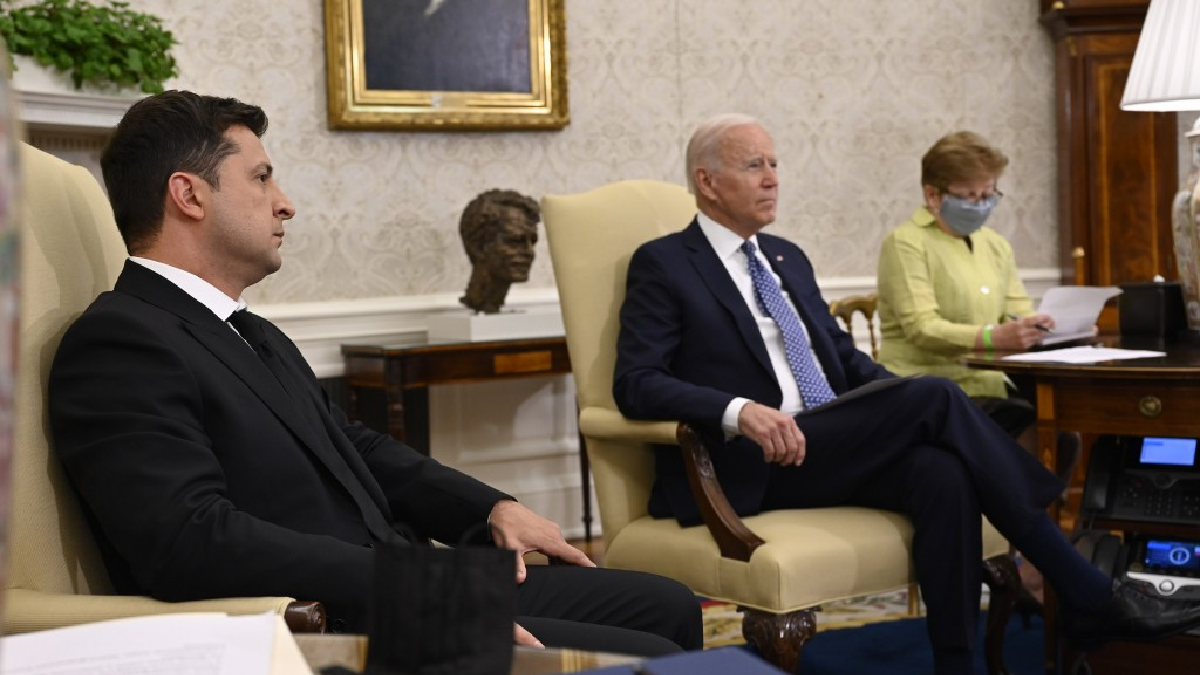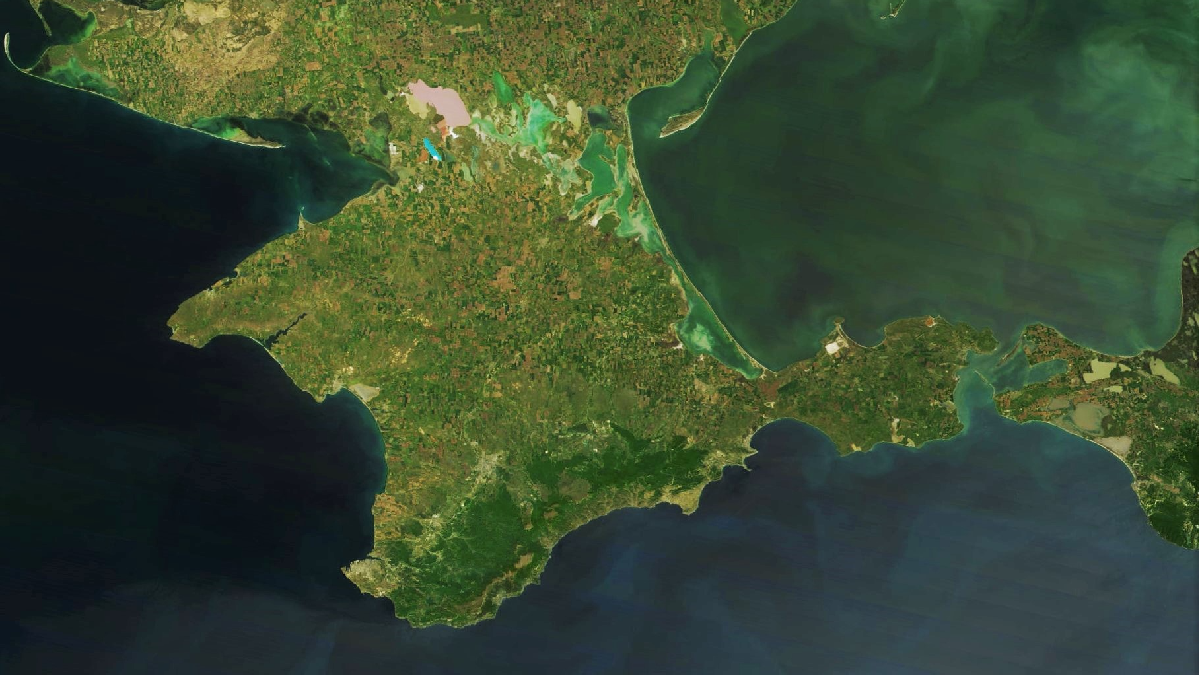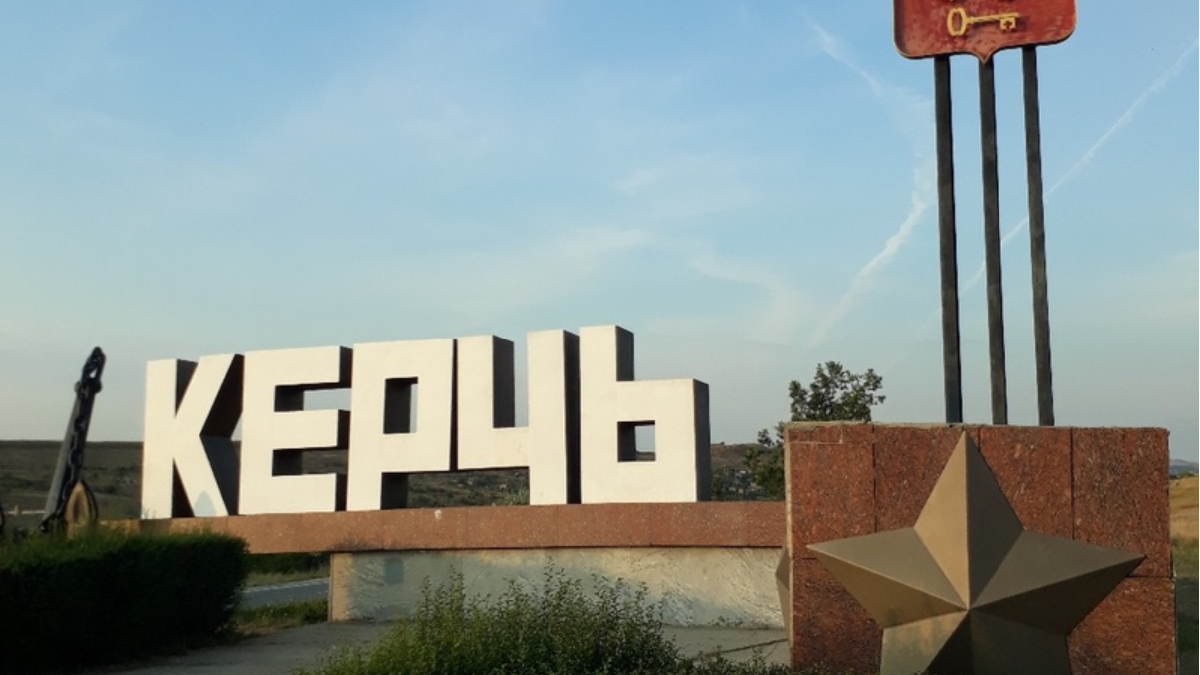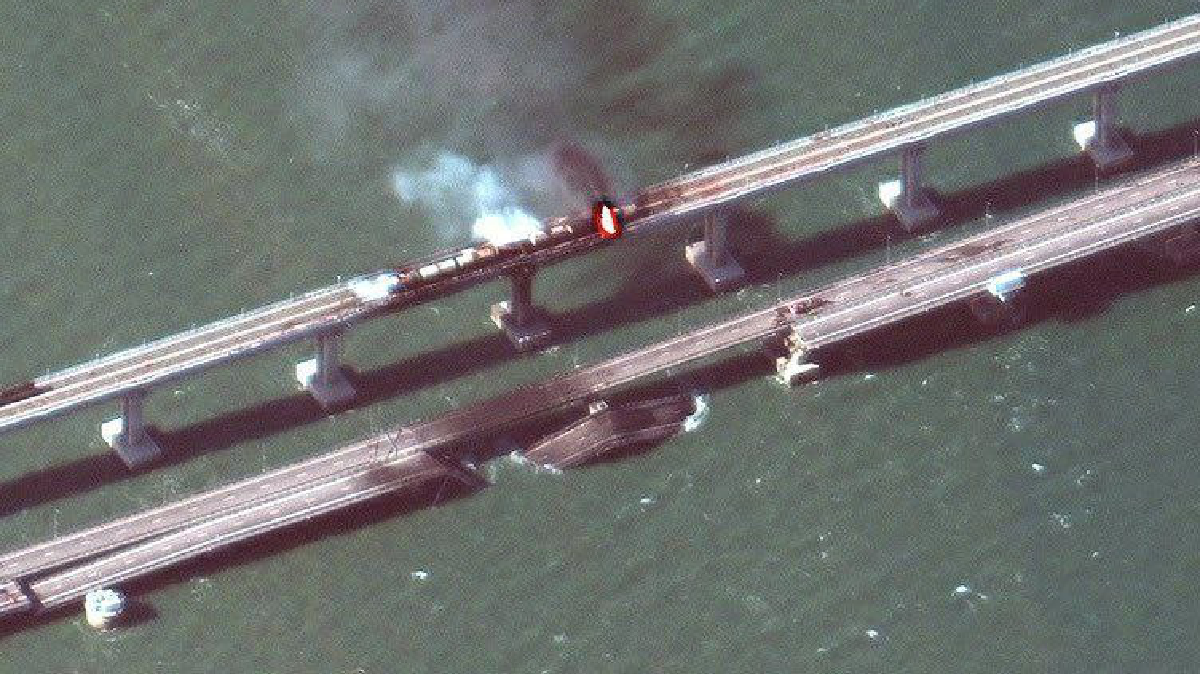Meeting of Zelensky and Biden: legal victories and gaps

President Zelensky's diplomatic team did an excellent job, as evidenced by the text of a joint statement by the presidents of the United States and Ukraine. For the first time, the document explicitly mentions that the parties will work to "bring Russia to justice for its aggression." It is important to deduce this connotation from the framework of a bilateral statement to the level of documents of international organizations or statements of third countries. The statement that the Russian Federation must bear international responsibility on the part of the United States serves as an excellent platform for refuting the ineffectiveness of international law. The general recognition of Russia as a state violating international law allows the use of additional tools to bring the latter to justice.
At the same time, the changed position of the White House on the Minsk agreements is of special significance. On June 16, 2021, at the summit in Geneva, after a meeting with the President of the Russian Federation, the President of the United States stated that he would make efforts to implement the Minsk agreements. According to the American leader, consideration of the Minsk agreements was one of the issues on the agenda of negotiations at the highest level. In addition, the Minsk agreements have recently been seen in Washington and Brussels as an unalterable way to diplomatically resolve the conflict between Ukraine and Russia.
The absence of a mention of Minsk in the new Joint Statement on the Strategic Partnership between Ukraine and the United States opens up new opportunities for Ukraine to reshape the deadlock in the Minsk process. It was obvious that one of the principal tasks of the Ukrainian delegation was to move away from the non-alternative nature of Minsk, and the final statement of both leaders eventually came out of the pen of Ukrainian authorship. In it, the paradigm of compliance with the Minsk requirements changed to the need to resolve the conflict "on the basis of international law, including the UN Charter." The latter is a tectonic change in effectively opposing Russia's lawfare doctrine, which generally undermines the idea of a rules-based international order.
The legal omission of the Joint Statement of Ukraine-USA was the lack of mention of sanctions and sanctions parameters in case of gas blackmail by Russia. At a press conference after meeting with President Biden, President Zelensky said that the issue of sanctions was being considered. However, the discussion of the sanctions track was limited to Nord Stream-2, and there is no talk of any significant expansion of US sanctions programs (under, for example, the Magnitsky Act) against Russia. Other sanctions, such as the harmonization or synchronization of Ukrainian-American sanctions or the reform of Ukraine's sanctions law, have gone unnoticed by heads of state.
It is noteworthy that the head of the Ukrainian NJSC "Naftogaz" Yuri Vitrenko said that he had not seen legal confirmation of the US President's political statement on possible sanctions against Russia in case of gas blackmail, adding that Ukraine needs "guarantees" contracts with European companies for transit through Ukraine».
The United States, like its Ukrainian partners (Canada or the EU), is in no hurry to extend sanctions under the Magnitsky Act to human rights violators in Crimea. The need for such a step has been constantly voiced by the Deputy Foreign Ministers of Ukraine or members of the Ukrainian delegation to the PACE, but now the idea remains only at the level of a statement. Increasing sanctions pressure on the aggressor as a prerogative of bilateral relations between the United States and Ukraine has been pushed to the third or fourth level. And the historic opportunity to bring Ukraine's sanctions policy to a qualitatively new level in close cooperation with the United States is lost.
P.S .: Alyona Hetmanchuk from the New Europe Center suggested in an article for Europravda that there was no such warm interpersonal contact in Washington with the Ukrainian President, which the American leader had with the Israeli Prime Minister a week ago. It is not for nothing that Ms. Hetmanchuk mentioned the issue of "chemistry". In April 2021, Zelensky told the French newspaper Le Figaro that it was important to have deeper cooperation with his American counterpart, not just "official calls". He also noted that "chemistry ... simply exists or does not exist".
Adhering to this concept, Zelensky's office reported on the progress of meetings with foreign leaders, using the idea of interpersonal chemistry. Deputy Head of the Presidential Office Andriy Sibiga once described Zelensky's meeting with Turkish President Tayyip Erdogan as "the chemistry of good relations." Whether the White House meeting was real chemistry is unclear, but it is likely not. When asked by a reporter after meeting with Biden, Zelensky modestly replied that he "did not know" [whether there was chemistry between him and the American counterpart].
Listening to the conversation between Zelensky and Biden, it was felt that the talks in the Oval Office of the White House united politicians of different eras, styles and cultures. Zelensky's passionate speech contrasted with Biden's pragmatic and general remarks. Unfortunately, the two presidents failed to hold a joint press conference after the tete-a-tete meeting. That is why we can only guess how deep the mutual understanding between the leaders was and how far-reaching the agreements will be.







